An imaginary woman recollects the painful experience of adultery to a storyteller.
Trolösa (2000) Online
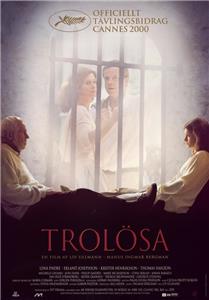
Marianne is a theatre actress married to an orchestra conductor, Markus. She becomes involved in an affair with their director friend, David, which leads to a painful divorce and battle for custody of their daughter, Isabelle. Although all of them are merely fictional characters created by Bergman, their experiences become very real and traumatic for him.
| Credited cast: | |||
| Lena Endre | - | Marianne | |
| Erland Josephson | - | Bergman | |
| Krister Henriksson | - | David | |
| Thomas Hanzon | - | Markus | |
| Michelle Gylemo | - | Isabelle | |
| Juni Dahr | - | Margareta | |
| Philip Zandén | - | Martin Goldman | |
| Thérèse Brunnander | - | Petra Holst (as Therese Brunnander) | |
| Marie Richardson | - | Anna Berg | |
| Stina Ekblad | - | Eva | |
| Johan Rabaeus | - | Johan | |
| Jan-Olof Strandberg | - | Axel | |
| Björn Granath | - | Gustav | |
| Gertrud Stenung | - | Martha | |
| Rest of cast listed alphabetically: | |||
| Åsa Lindström | - | Prompter 2 |
The story is loosely based on experiences of adultery from Ingmar Bergman's own life.


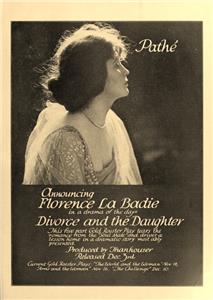
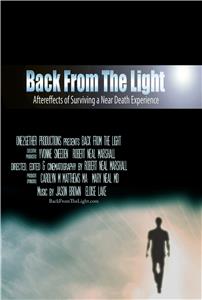

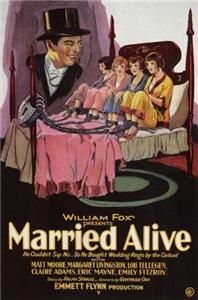
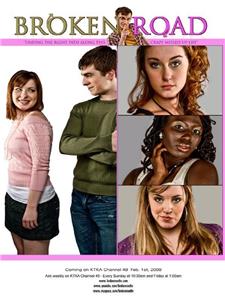
User reviews